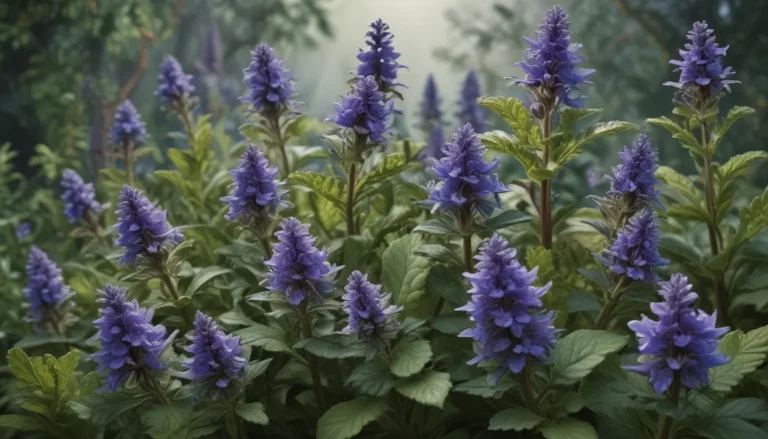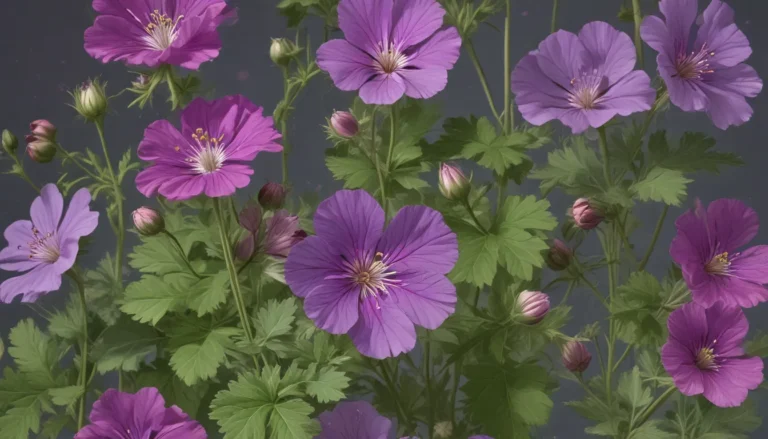The pictures we use in our articles might not show exactly what the words say. We choose these pictures to make you interested in reading more. The pictures work together with the words but don’t take their place. The words still tell you the important facts.
Cannabis, a plant shrouded in mystery and intrigue, has a history stretching back thousands of years. Its versatile nature and diverse uses have captured the attention of cultures worldwide. In this comprehensive exploration, we delve into the captivating realm of cannabis facts, shedding light on its ancient origins, medicinal properties, and cultural significance. Join us on a journey to unravel the secrets of this extraordinary plant, from its therapeutic potential to its environmental benefits.
Ancient Origins: Tracing the Roots of Cannabis
The history of cannabis dates back to ancient civilizations, believed to have originated in Central Asia. Throughout the ages, it has been cultivated for various purposes, ranging from medicinal to recreational use. The plant's enduring legacy is a testament to its resilience and adaptability in diverse cultural settings.
Versatile Species: Exploring the Diversity of Cannabis
The cannabis plant comprises different species, each with unique characteristics and properties. From Cannabis sativa to Cannabis indica and Cannabis ruderalis, these plants offer a myriad of uses, from fiber production to medicinal applications. Understanding the distinctions between these species opens up a world of possibilities for harnessing their benefits.
Dioecious Nature: Unveiling the Secrets of Cannabis Plants
Cannabis plants exhibit a dioecious nature, with separate male and female plants. The female plants are prized for their resinous flowers rich in cannabinoids, while male plants play a crucial role in reproduction. This fascinating aspect of cannabis biology highlights the plant's intricate reproductive mechanisms.
Cannabinoids: The Chemical Wonders of Cannabis
With over 100 unique chemical compounds known as cannabinoids, cannabis is a treasure trove of therapeutic potential. Among these, delta-9-tetrahydrocannabinol (THC) and cannabidiol (CBD) stand out as the most well-known. While THC induces psychoactive effects, CBD offers therapeutic benefits without the high, showcasing the dual nature of cannabis compounds.
Medical Applications: Unveiling the Healing Powers of Cannabis
Cannabis has emerged as a promising treatment for various medical conditions, from chronic pain to epilepsy. Its potential to alleviate symptoms and improve quality of life has sparked widespread interest in exploring its medicinal applications. Ongoing research continues to uncover the full extent of cannabis's health benefits.
Endocannabinoid System: Understanding the Body’s Connection to Cannabis
The human body houses an endocannabinoid system, a complex network of receptors that interact with cannabis compounds. This system plays a vital role in regulating physiological processes such as pain perception, mood, and appetite. The synergy between cannabis and the endocannabinoid system underscores the plant's profound impact on human health.
Cultural and Religious Use: Delving Into Cannabis Rituals
Cannabis holds a sacred place in the rituals and practices of various cultures and religions. From Hinduism's association with the god Shiva to Rastafarian beliefs in spiritual enlightenment, cannabis's cultural significance transcends borders and traditions. Exploring its role in different faiths reveals the deep-seated connection between cannabis and spirituality.
Recreational Use: Embracing the Pleasures of Cannabis
The recreational use of cannabis, characterized by its psychoactive effects, has long been a subject of fascination and debate. THC, the primary psychoactive compound in cannabis, interacts with the brain to produce altered states of perception and mood. The cultural and legal discussions surrounding cannabis consumption reflect society's evolving views on recreational drug use.
Legal Landscape: Navigating the Complexities of Cannabis Laws
The legal status of cannabis varies worldwide, with some countries embracing legalization while others maintain strict regulations. Understanding the legal framework surrounding cannabis is essential for responsible use and compliance with local laws. By staying informed about cannabis legislation, individuals can navigate the complex legal landscape with confidence.
Sustainable Crop: Harnessing the Environmental Benefits of Cannabis
Cannabis is renowned for its fast growth and minimal need for synthetic inputs, making it a sustainable crop option for farmers. Its potential to reduce pesticide usage and sequester carbon dioxide presents a compelling case for promoting cannabis cultivation as an eco-friendly practice. By tapping into cannabis's environmental benefits, we can work towards a greener future.
Hemp Fiber: Exploring the Versatility of Cannabis Products
Hemp fiber, derived from cannabis plants, is prized for its strength and durability in various industries. From textiles to construction materials, hemp fiber offers a sustainable alternative to conventional materials. By incorporating hemp products into everyday use, we can support a more eco-conscious approach to production and consumption.
Gateway Drug Myth: Debunking Misconceptions About Cannabis
The misconception that cannabis use leads to harder drug use has been widely debunked by research. While individual factors play a role in substance abuse, cannabis itself does not act as a gateway drug. By dispelling this myth, we can foster a more nuanced understanding of drug use trajectories and promote evidence-based approaches to prevention.
Cannabis Addiction: Understanding the Risks of Cannabis Use
While cannabis can lead to dependence in some individuals, distinguishing between physical addiction and psychological dependency is crucial. Factors such as frequency of use, genetics, and personal susceptibility influence the risk of addiction. By raising awareness about the potential risks of cannabis use, we can encourage responsible consumption practices and support those struggling with substance dependence.
Cannabis and Memory Loss: Examining the Effects of Cannabis on Cognition
Contrary to popular belief, cannabis use does not inevitably lead to memory loss or cognitive impairment. While acute use may temporarily affect short-term memory, these effects are typically transient and reversible. By educating the public about the nuanced effects of cannabis on cognition, we can dispel myths and promote informed decision-making regarding its use.
Conclusion: Embracing the Wonders of Cannabis
In conclusion, cannabis stands as a remarkable plant with a rich history, diverse uses, and profound cultural significance. From its ancient origins to its modern-day applications, cannabis continues to captivate and inspire individuals worldwide. Whether exploring its therapeutic potential or environmental benefits, the world of cannabis offers a wealth of possibilities for discovery and learning. Join us in celebrating the marvels of cannabis and unlocking its full potential for a brighter future.
Frequently Asked Questions About Cannabis
Is cannabis legal worldwide?
Cannabis legality varies globally, with some countries permitting its use for medical and/or recreational purposes, while others maintain strict regulations. It is essential to familiarize oneself with the specific laws governing cannabis in each jurisdiction to ensure compliance.
Can cannabis be addictive?
Cannabis can lead to dependence and addiction in certain individuals, especially with prolonged and heavy use. Responsible consumption and awareness of potential risks are crucial in mitigating the likelihood of addiction.
Are there different strains of cannabis?
Yes, cannabis comes in various strains, each offering unique combinations of cannabinoids, terpenes, and effects. Indica, sativa, and hybrid strains each present distinct characteristics and user experiences, catering to a diverse range of preferences.
Can cannabis be used in cooking?
Indeed, cannabis can be infused into a wide array of culinary creations, from baked goods to savory dishes. Cannabis edibles offer an alternative consumption method, delivering the effects of cannabinoids in a flavorful and enjoyable manner.
Are there potential side effects of using cannabis?
While cannabis can offer therapeutic benefits, it may also present side effects such as dry mouth, red eyes, coordination issues, temporary memory impairment, and anxiety. Understanding the potential side effects of cannabis is essential for safe and informed usage.
As we journey through the intricate world of cannabis, let us embrace the knowledge and insights that this extraordinary plant has to offer. By fostering a deeper understanding of its history, uses, and cultural significance, we can cultivate a more informed and enlightened perspective on cannabis and its place in our lives. Join us as we unravel the mysteries of cannabis and unlock its transformative potential for a brighter future.






